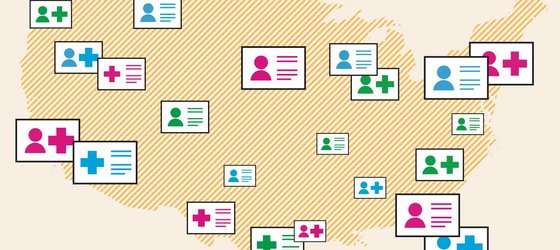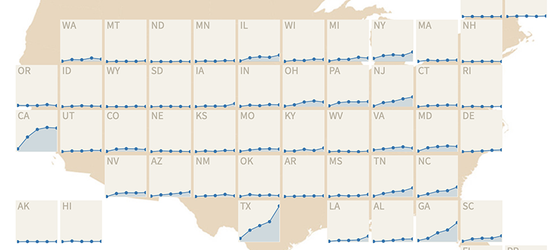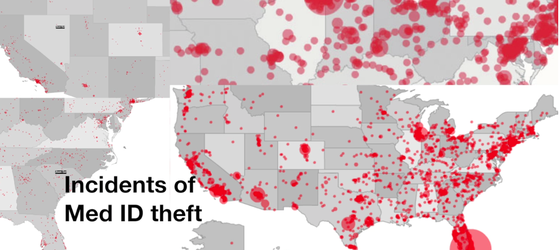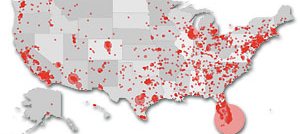WPF urges HHS to clarify the harms of medical identity theft for victims
WPF has urged HHS to clarify the intersection between HIPAA compliance and harms resulting from medical identity theft in its response to the Request for Information from the Office of Civil Rights of the Department of Health and Human Services regarding implementation of the HITECH Act. WPF has a long history of work on the issue of medical identity theft, which has informed its response to HHS.




